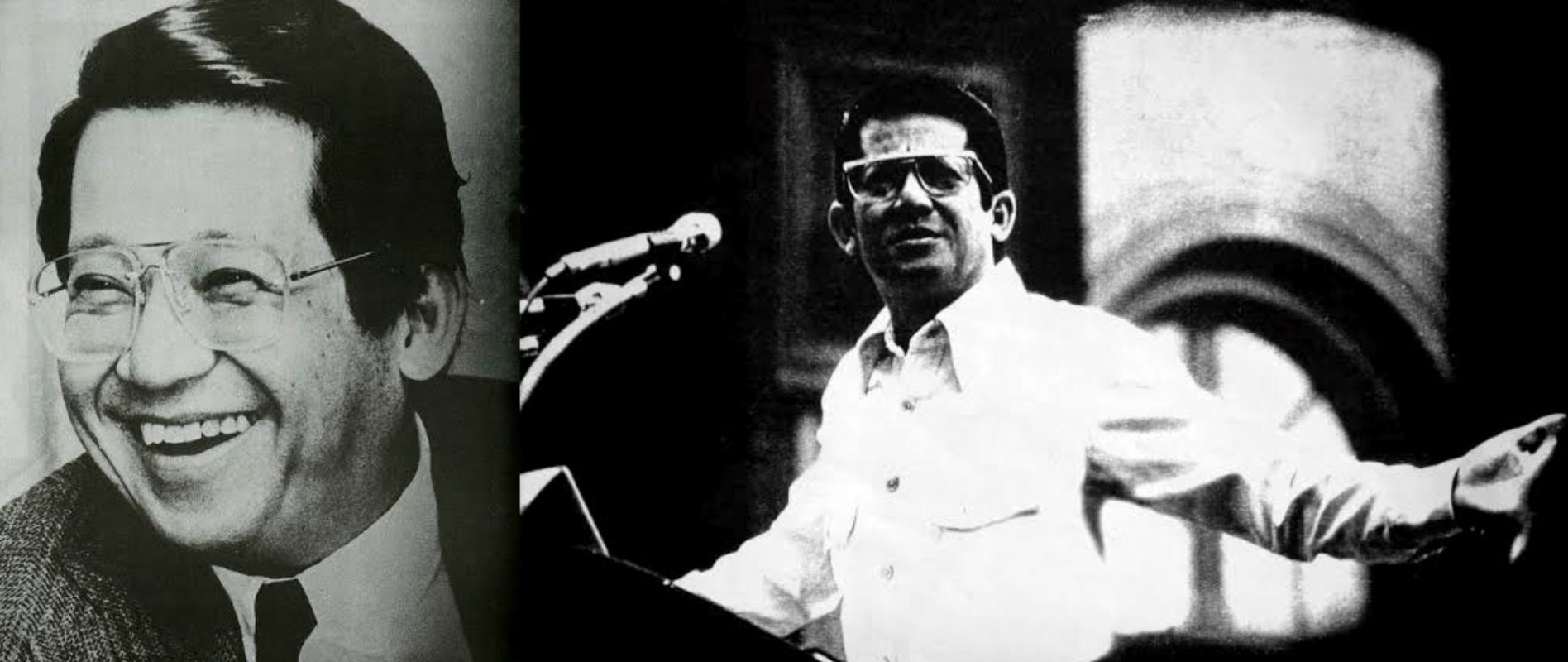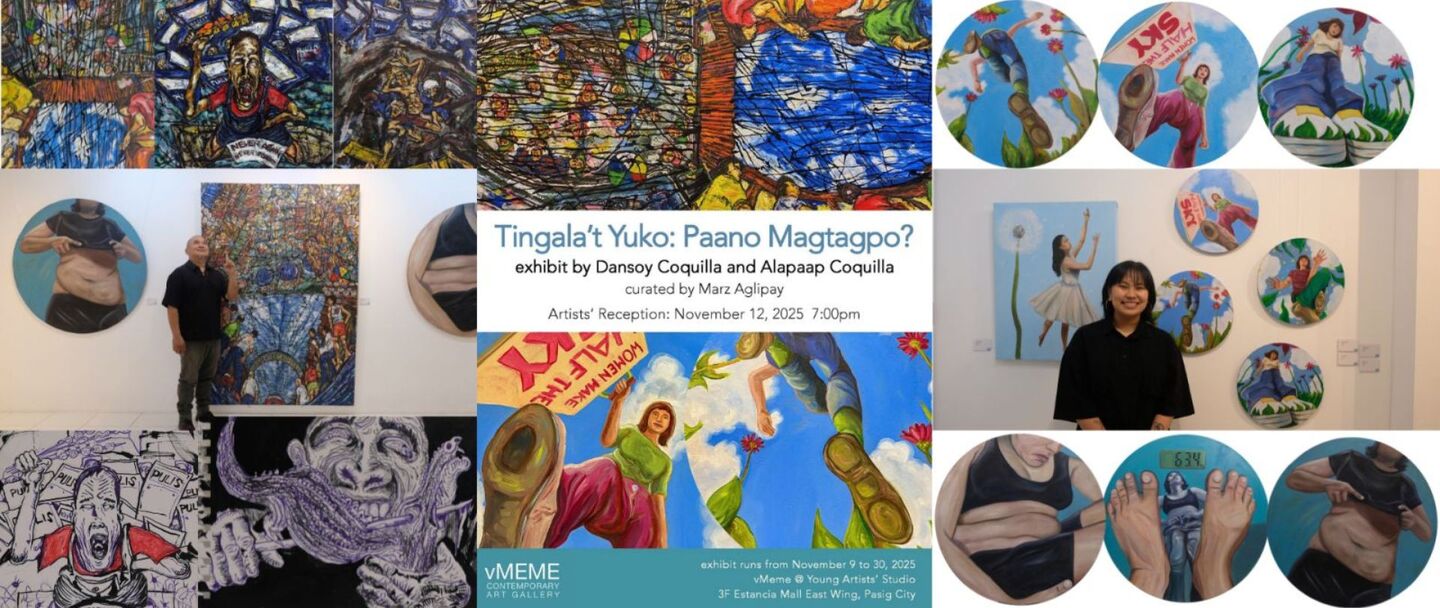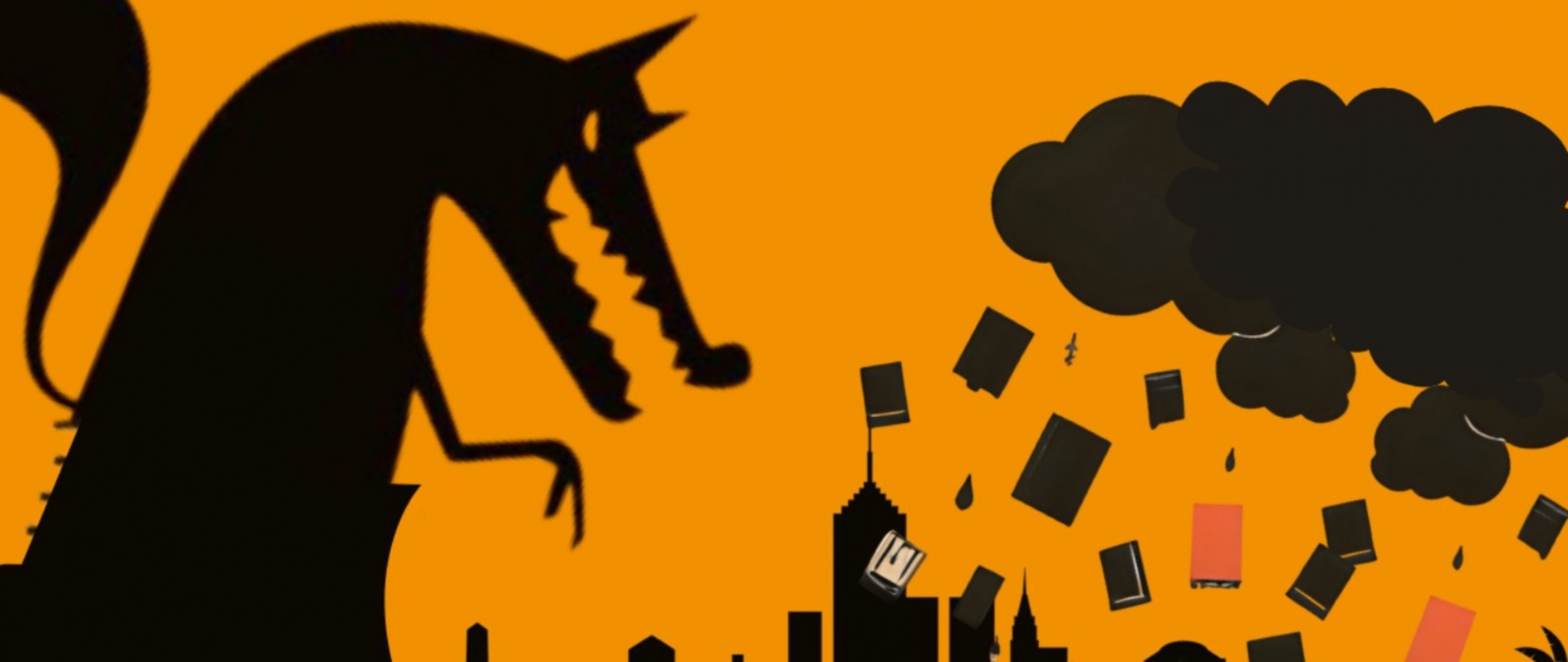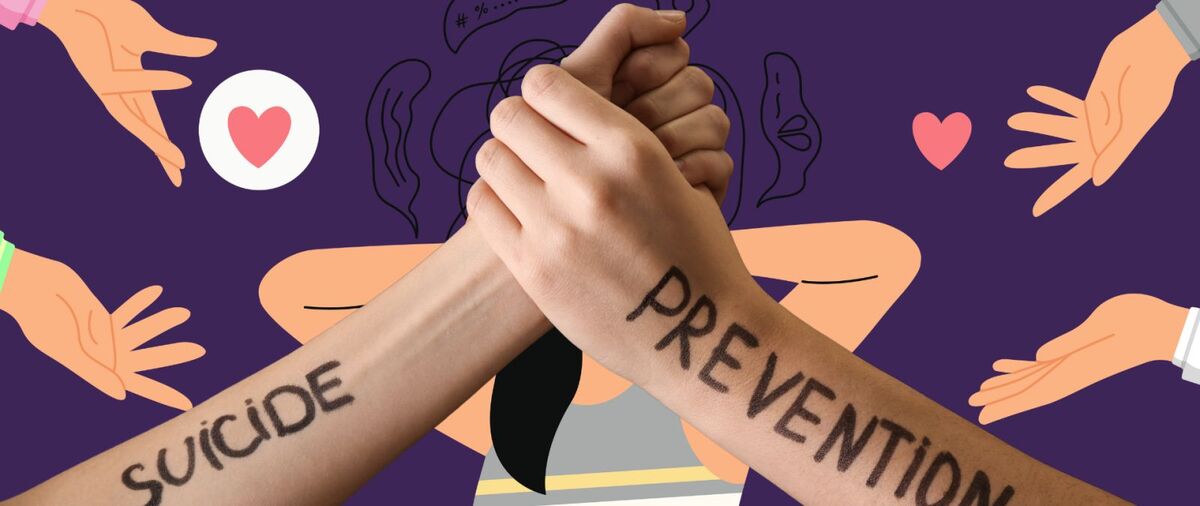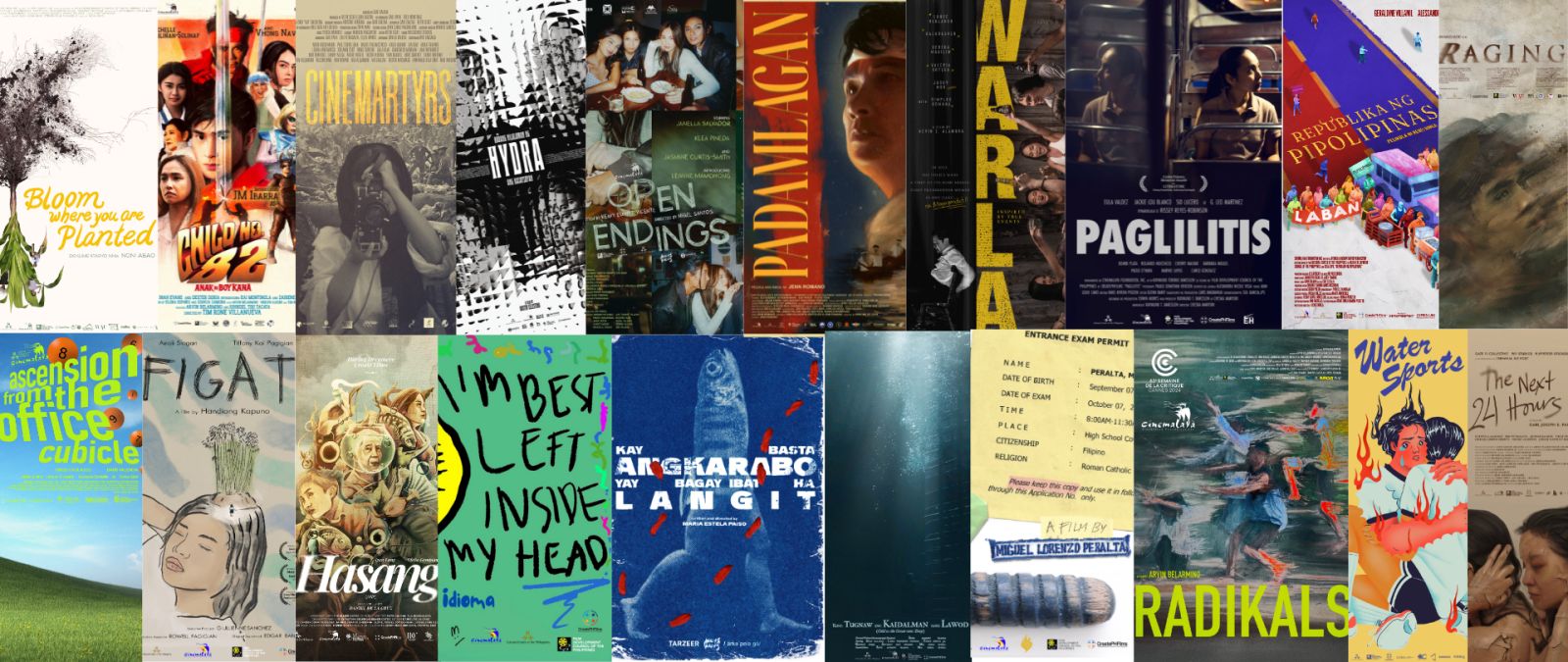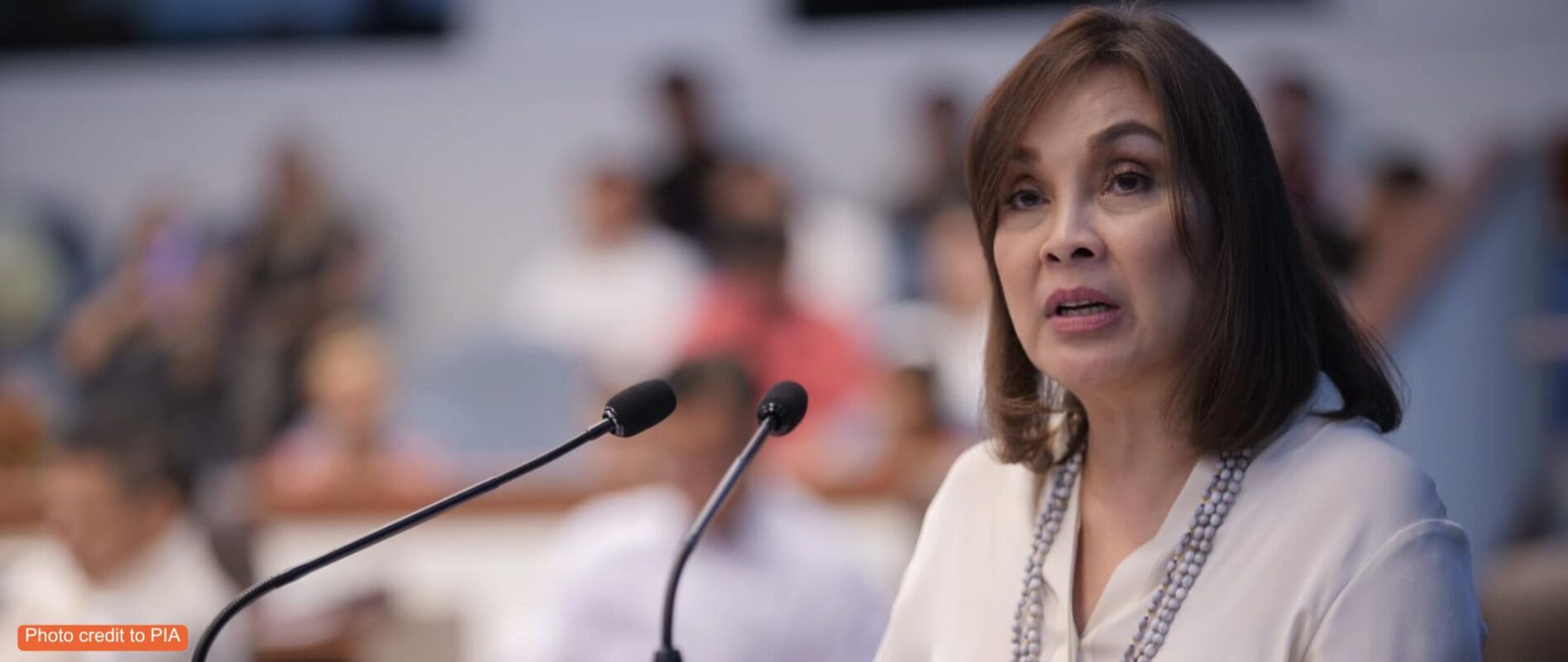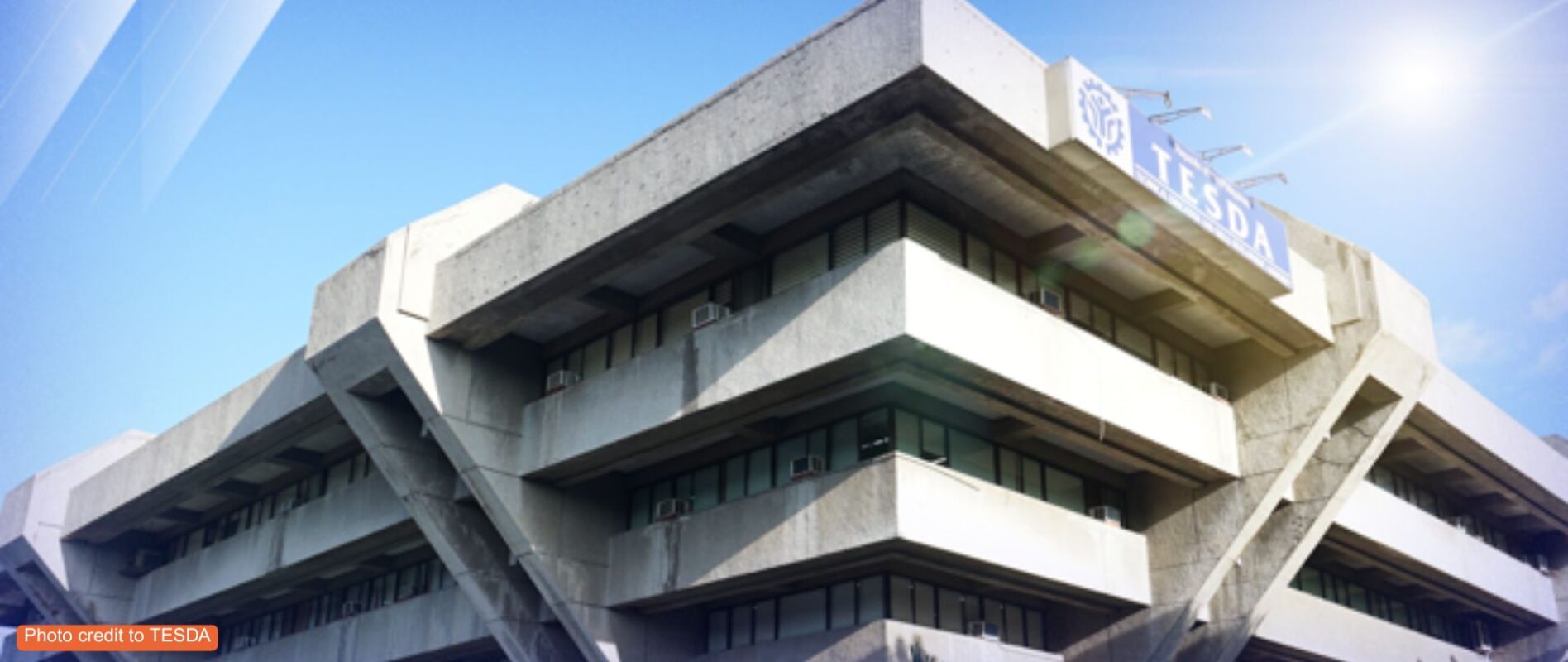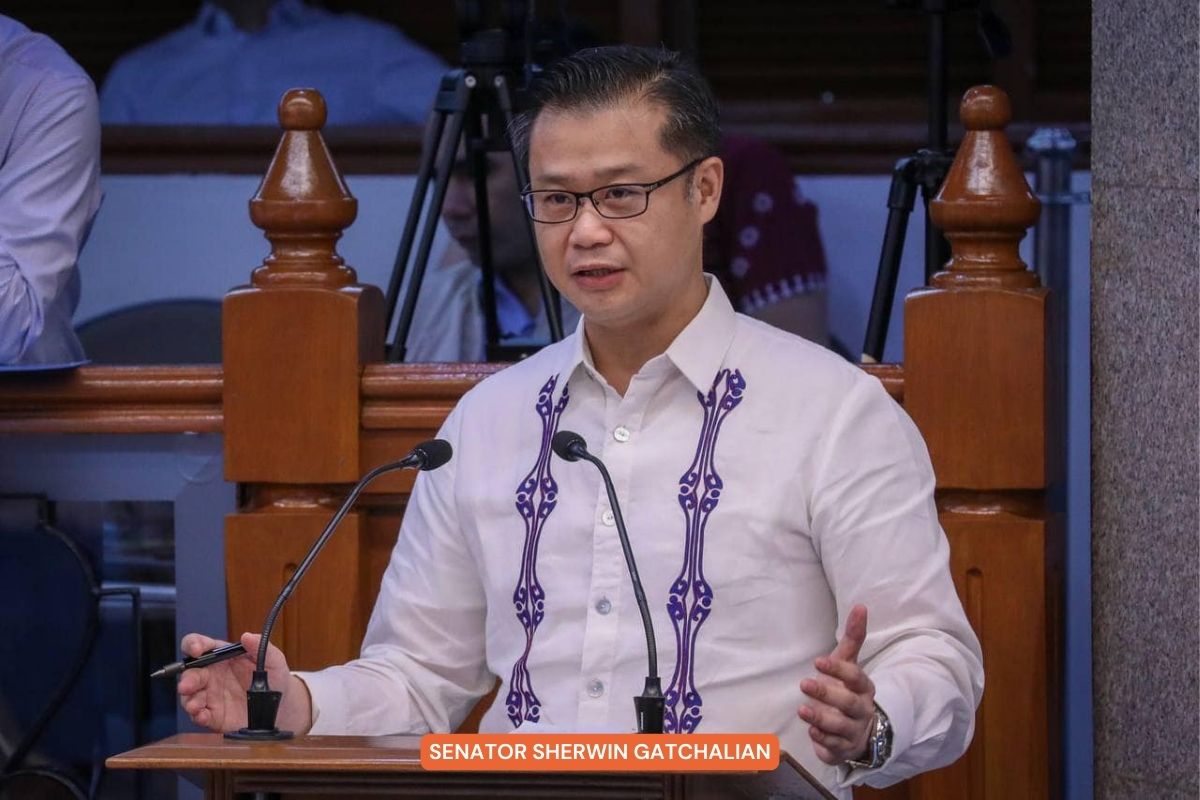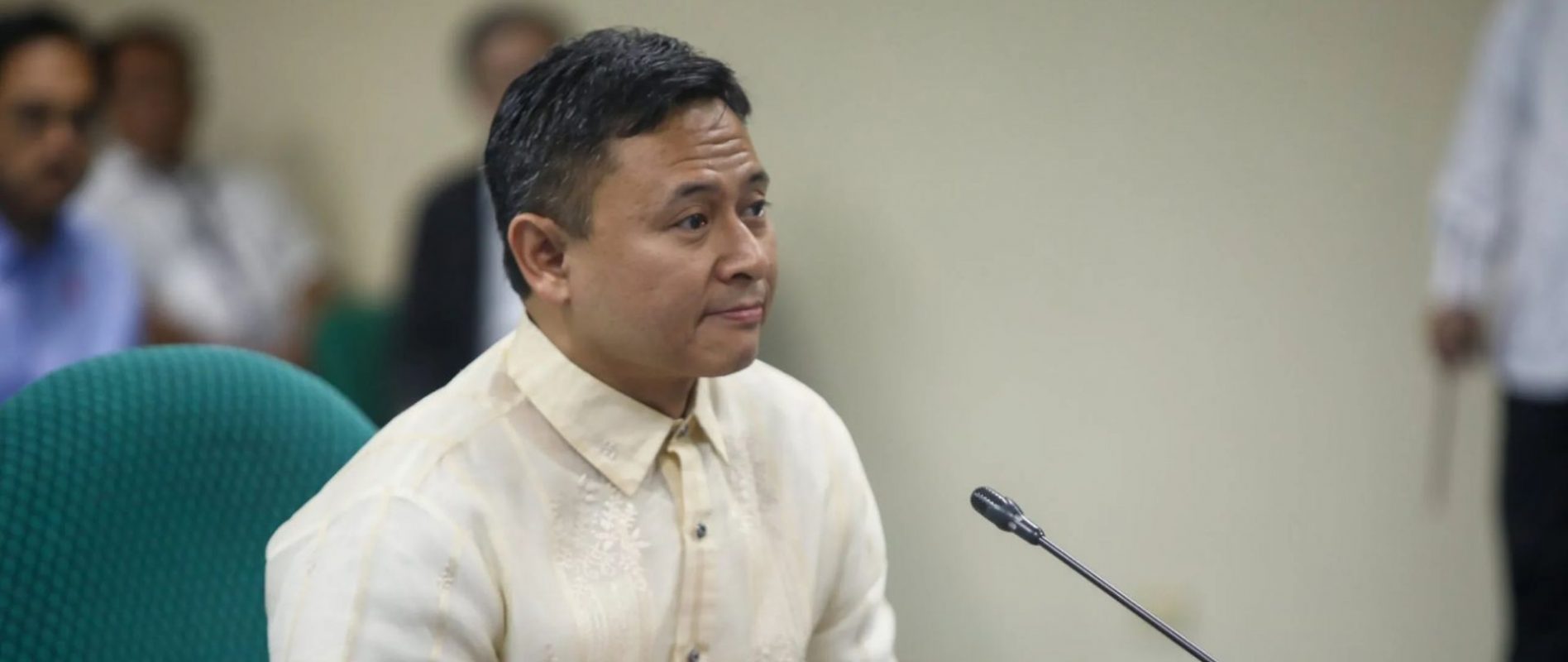ON NINOY AQUINO DAY, HISTORICAL REVISIONISTS AND CONSPIRACY THEORISTS CAME OUT TO PLAY
Alright kids, here's a quick and rusty way down history lane as we celebrate Ninoy Aquino Day, a holiday that is now being questioned on whether or not it should be commemorated in the first place.
As we know, August 21 remembers the day former Senator Benigno “Ninoy” S. Aquino Jr. was assassinated — an integral day in Philippine history that amplified the events that led to reclaiming our democracy from the dictatorial hands of the Marcos regime. At the time, his death stirred up anger among the Filipino people who saw the act as a direct attack against democracy, as Aquino was known to be a longtime political enemy of former President Ferdinand Marcos. The assassination put his wife, Corazon Aquino, and his whole family under the limelight as she became a symbol of hope in the country’s fight against dictatorship. Eventually, the fight was won and Cory Aquino became the 11th President of the Republic of the Philippines.
Decades after that fated day in 1983, Aquino’s death and unofficial badge of honor is once again put under the microscope with claims on why the former senator should not be seen as a hero. The #NinoyIsNotAHero tag that is circulating on Twitter, yet again, contains various testaments, conspiracies, really, on why Filipinos should stop lauding Aquino as someone who died for the country. The bottomline argument is this: he might not have actually done anything heroic in the first place.
#NinoyIsNotAHero and Here Are 21 Reasons Why:
1. The Marcos family never claimed the late President Marcos is a hero but the Aquinos shamelessly proclaimed Ninoy as one, even if records show he died only in pursuit of his political ambition. pic.twitter.com/10Kd575CjX
— KHAYRI R.R. WOULFE (@KhayriRRW) August 20, 2020
A lot of discussions now revolve around this claim, in an ongoing attempt to push us to reconsider what’s been taught to us by history — a tale often told from the words of victors. But who are the victors, in this case? Is it the Filipino nation who supposedly got back its democracy after a heroic death? Or is it the Aquino family who spearheaded the fight against the current dictatorship, and vowed to lead the country to greener pastures?
As this conversation moves towards the forefront of Philippine society on social media, it’s worth to point out that this type of historical revisionism is not to be put lightly, especially by the next generation who will be instrumental in the coming elections. Reinterpreting this particular historical account — when taken at face value and consumed wholeheartedly without doing the necessary personal research — is absolutely dangerous.
To put it simply, history books and classes tell this story in this way: The “hero” (Aquino, branded by the color yellow) defeated the “villain” (Marcos, branded by the color red). So, if one sees the tag arguing that Aquino is not actually a hero, that narrative might be flipped, and these names (and colors) may begin to have opposite associations (for better and for worse).
What implications will this have to our country, especially at this significant chapter in history? Right now, the number one label trolls throw on to anyone who says anything against our current governance is “dilawan” or a yellow-supporter. Of course, speaking out against our current reality should not automatically mean pro-yellow or pro-anything other than pro-Philippines, but that’s a conversation for another day.
The fact is, if people begin to associate yellow to “anti-government” — and that association is flipped — people might start to confuse who the hero or villain is in this story. (Hint: The hero should always be the Philippines and its people.)
Moreover, if these associations are reversed, we might see a repeat of history in the near future, especially with the same names still in the game and so high up the political hierarchy.
This is why it is of utmost importance to take everything with a grain of salt, and do your own research when forming opinions of such consequence. Whether you believe that Ninoy is, or not, a hero, it is necessary to buff up on your own knowledge and make educated decisions, more so in the coming elections.
READ: President Duterte's message on Ninoy Aquino Day. @inquirerdotnet pic.twitter.com/1cldnXIde7
— Darryl John Esguerra (@DJEsguerraINQ) August 21, 2020
In a signed statement released today, President Rodrigo Duterte, who drew flak way back in 2016 for allowing Marcos’ remains to be buried in the Libingan ng mga Bayani, wrote, “Today, we honor the late Senator Benigno “Ninoy” Aquino, whose life, work, and impact on governance have uplifted the lives of many, especially the oppressed and marginalized.”
Duterte then linked the commemoration of the late senator’s death to the present situation saying, ““As this important occasion is remembered during this time that we are facing a global public health crisis, may we emulate Ninoy’s courage and patriotism so we may all be heroes through acts of discipline, goodwill, and social responsibility.”

